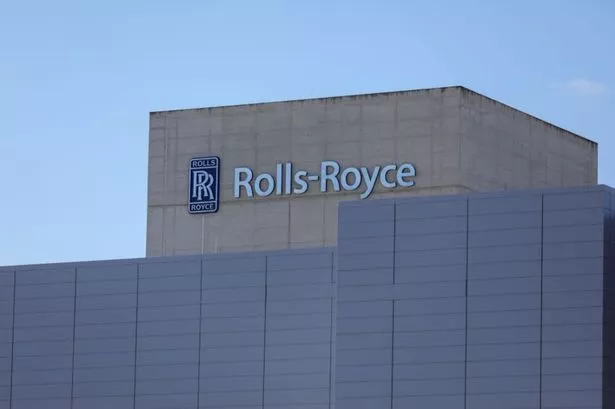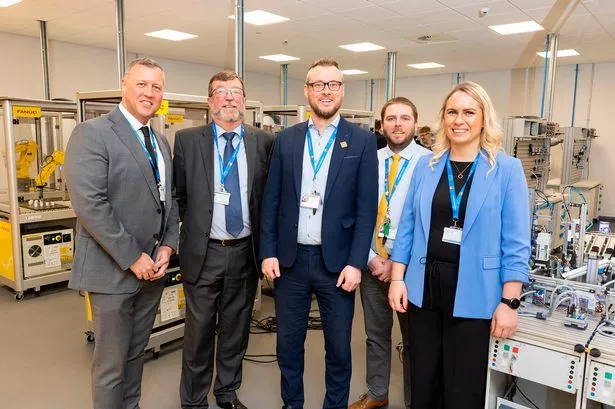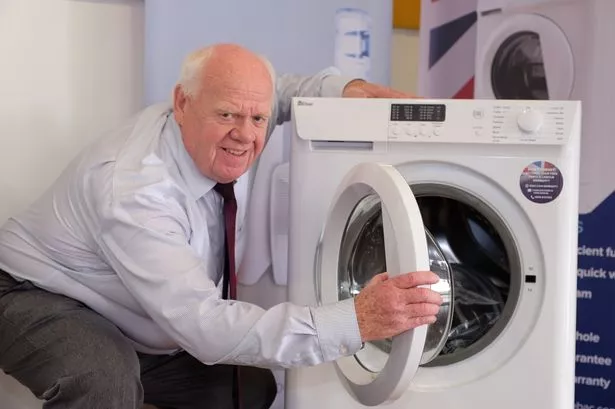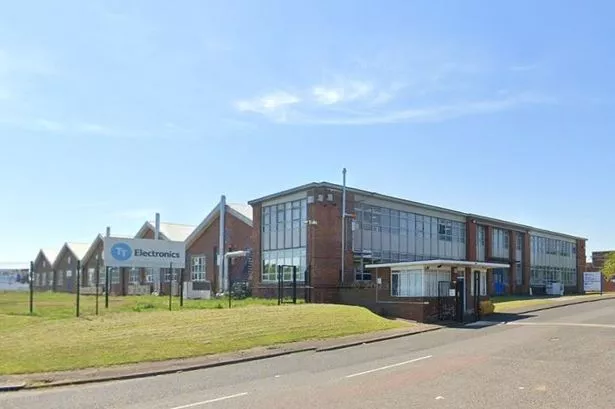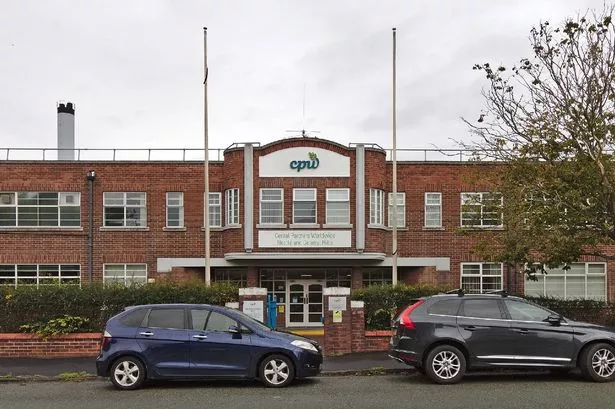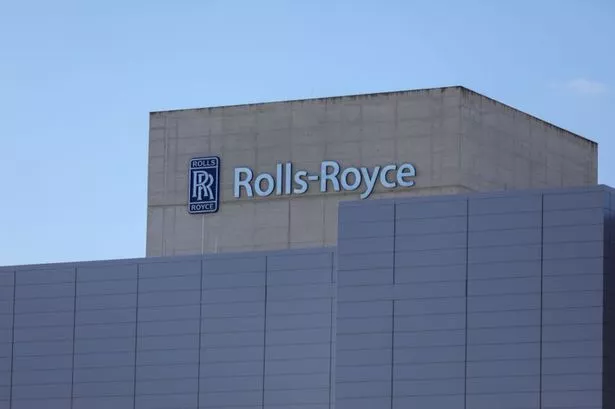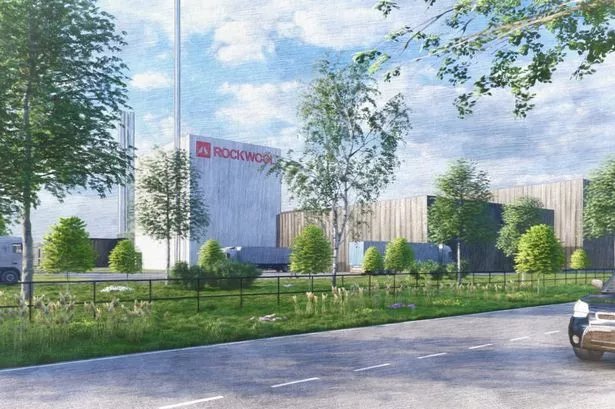
Tyneside wax jacket fashion firm Barbour saw profits jump more than 10% despite a backdrop of “relentless” cost and pricing pressures, new accounts show.
The South Tyneside company – first launched in the 1890s to sell tough-wearing coats to fishermen, sailors and mariners – sells an extensive range of coats, outerwear, shirts, scarves, boots and other accessories around the world, to everyone from farmers and royalty to film and rock stars all around the world.
The company, which has launched collections with celebrities including Alexa Chung and Sam Fender, operates in the UK and Ireland with subsidiaries in Germany, the US and Asia. It has now published accounts for the year ending April 30, showing how turnover dropped 6.2% from £343.1m to £321.8m, partly due to fall in sales in the challenging wholesale market.
However, operating profit increased 12.3% from £34.3m to £39.6m, which Barbour said was driven by a focus on cost reductions and gains in foreign exchange. Overall income for the year was £34.1m, up from £28.8m, and its cash increased to £119.7m from £106.4m. Employee numbers also rose, from 1,132 to 1,175.
A report within the account signed by chair Dame Margaret Barbour described how investments in technology and logistics were made during the year, alongside the launch of a base in Singapore to highlight its commitment to the Asia-Pacific market.
The report said: “2023-24 saw a tougher wholesale market for the brand and a decline in sales from this channel, however direct to consumer through e-commerce and retail channels performed very well, with those sales increasing compared to prior year. Our long term strategy remains consistent and relevant, dedicated to the vision of being recognised as a trusted and leading British global lifestyle brand with distribution channels via wholesale, retail, e-commerce and licensing.
“Asia-Pacific (APAC) is an increasingly important market for our brands. We continue to invest in technology and logistics to best service our brand partners and customers in this area of the world whilst retaining brand heritage and core values. During the year we opened a Singapore operation to ensure demand is met in this market more effectively.
“During the financial year 2023-24 revenues decreased by £21.3m. Whilst this represented a 6% reduction in revenues, we believe in the continued strength and resilience of our brands relative to complex market performance, the trust that our customers and consumers place in us and the sustainability, in the broadest sense, of our business model and practices.
“Despite economic uncertainty and challenge presented by the cost of living crisis, war in Ukraine and supply chain disruption, we managed to increase gross margin by 3.6%, with gross profit increasing by £5.4m. Despite considerable cost pressures, we wanted to remain good value for our consumers and did not increase our prices in line with the cost increases suffered, minimising supply chain costs, without a loss of service, was key to improved gross margins. With uncertainty across global markets and competition for volatile demand remaining high, navigating profitably has been a challenging but key focus in the financial year 2023-24.”
Following publication of the accounts Steve Buck, group managing director, said: “12 months ago, we anticipated that global markets would be very challenging and made the decision to focus on high quality, profitable sales. This strategy has worked very well in generating strong demand for the brand with increased efficiency and profits. This approach is very much in line with the long-term view taken by the business.
